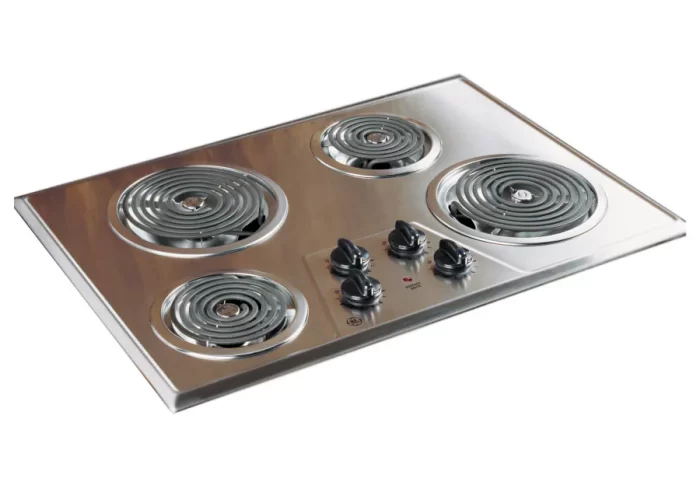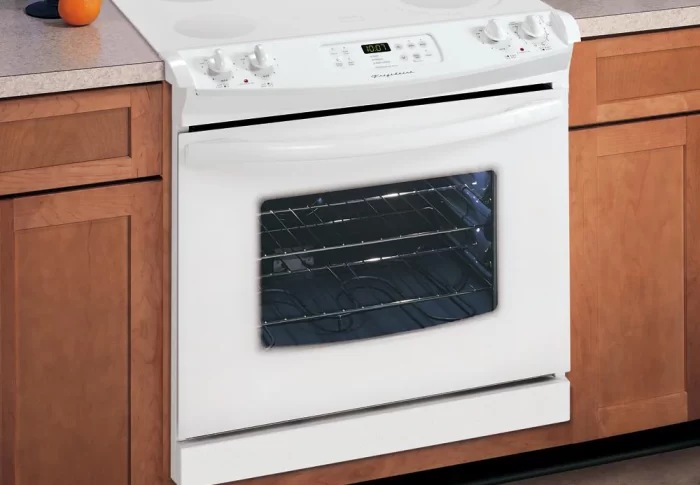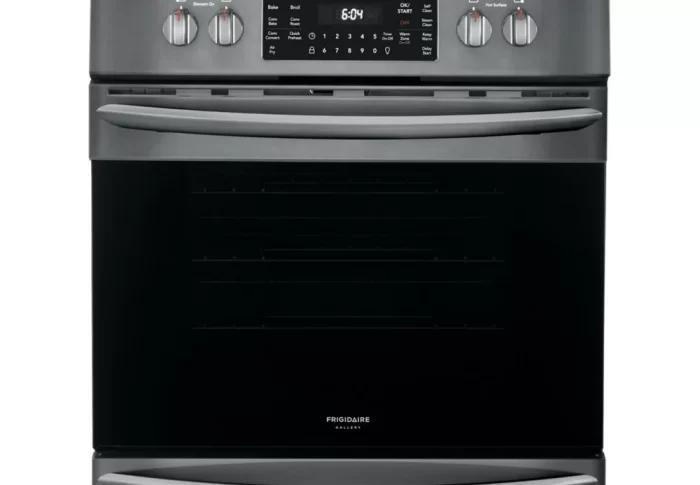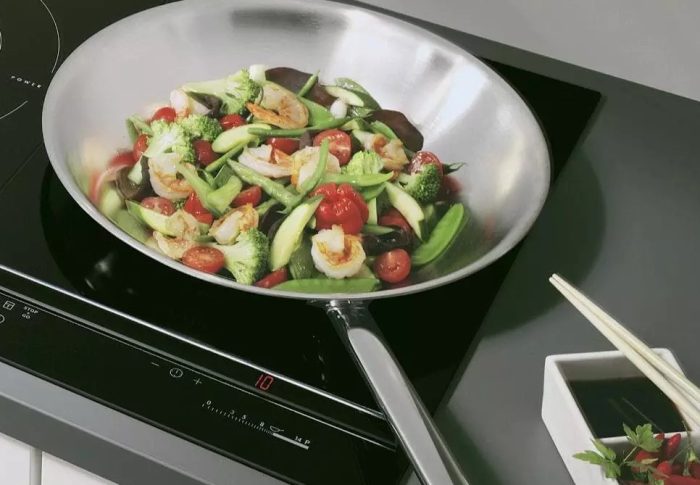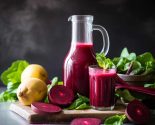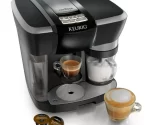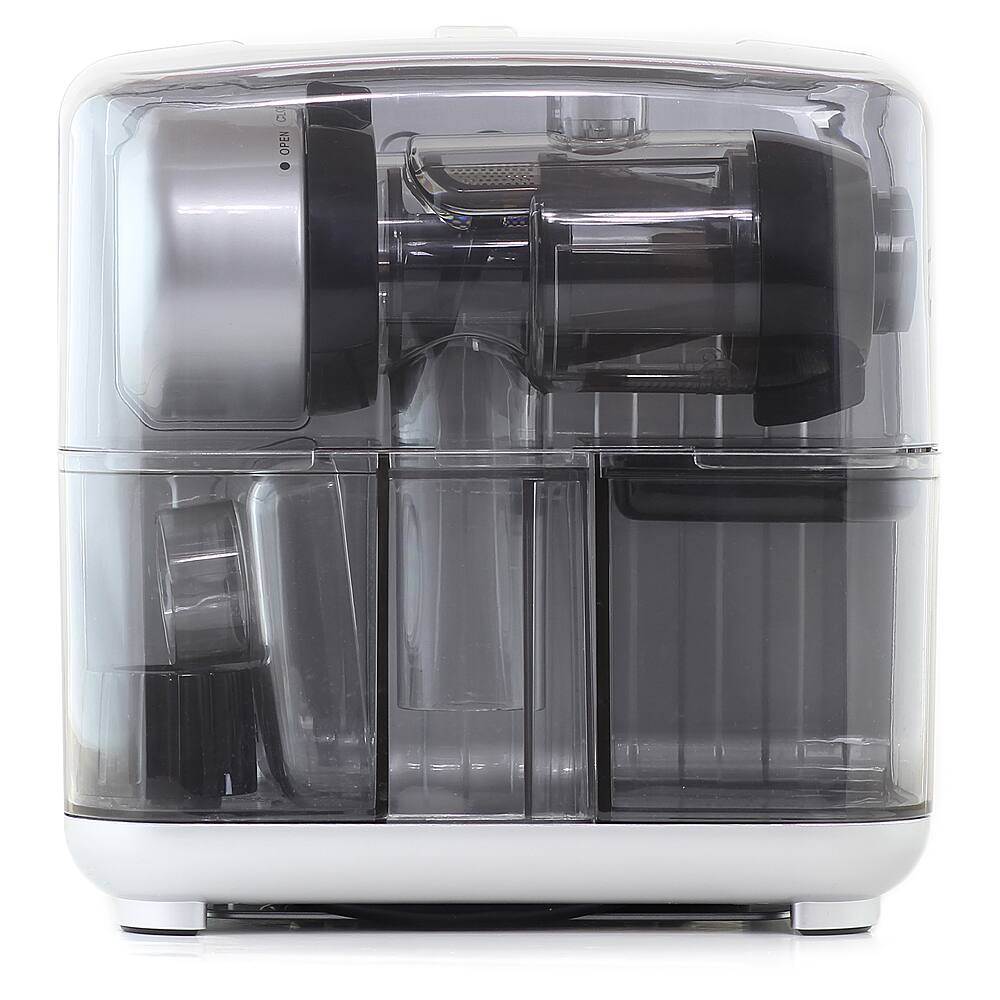
Masticating vs Cold Press Juicers: Understanding the Difference
Introduction to Juicing and Juicer Types
Embarking on a juicing journey unveils various juicer options. Two popular choices include centrifugal and masticating juicers. Each type boasts unique operational methods, nutritional advantages, and outcomes. Centrifugal juicers are known for their rapid extraction, whereas masticating juicers—often referred to as cold press juicers—excel in slower, more thorough juice extraction. Understanding the distinctions is key to selecting the right appliance for your lifestyle and health goals. In this segment, we will delve into the features of each juicer type, shedding light on their functional differences and benefits. Let’s begin unraveling the commonalities and distinctions between these juicing powerhouses, and set the foundation for informed decision-making.
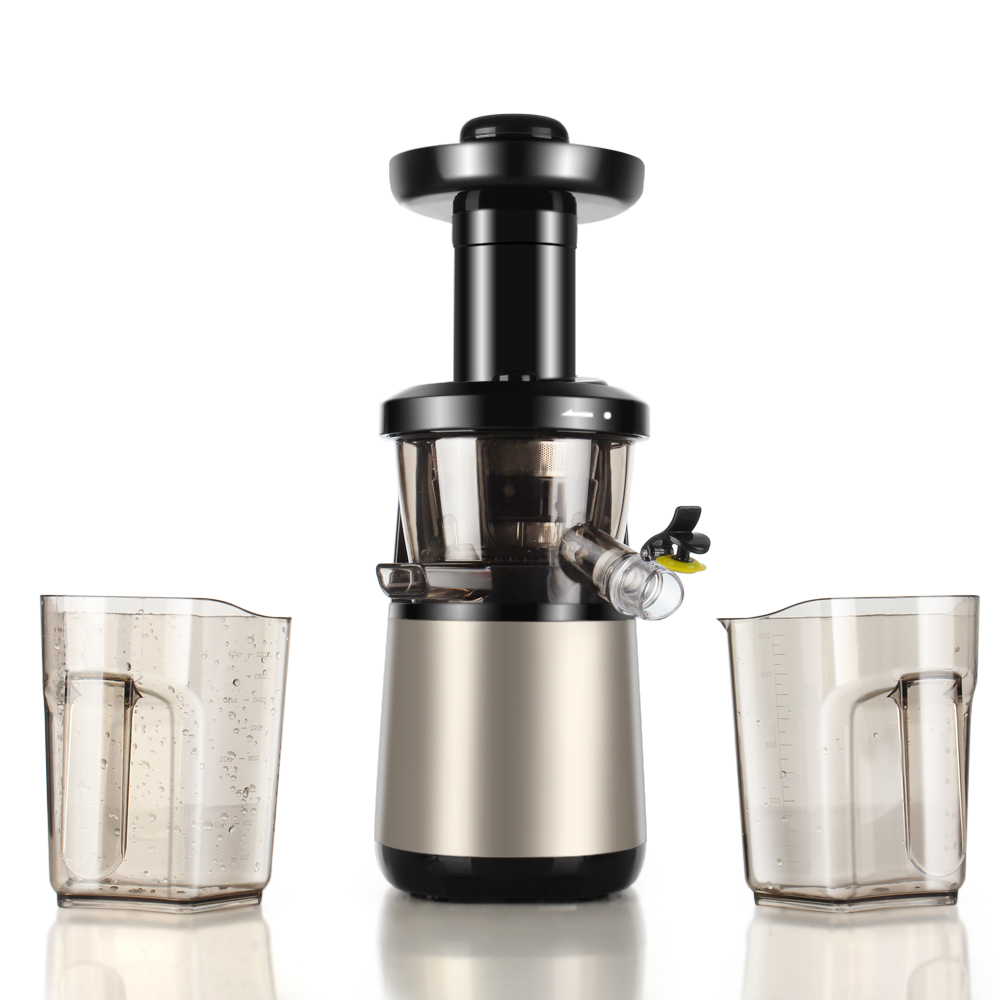
Centrifugal Juicers Overview
Centrifugal juicers are a common choice for many juice enthusiasts. Their main draw is the speed at which they can turn whole fruits and vegetables into juice. Using a fast-spinning metal blade against a mesh filter, centrifugal force separates the juice from the pulp. The juice flows through the mesh and out of the machine, while the pulp is discarded separately.
These juicers can process hard fruits and vegetables quickly, making them ideal for those with limited time. They typically operate at high speeds, ranging from 6,000 to 14,000 RPM (revolutions per minute). Because of their rapid operation, centrifugal juicers tend to be louder than masticating or cold press models.
In terms of cost, centrifugal juicers often come with a more affordable price tag. This makes them a popular entry-level option for individuals exploring juicing for the first time. Moreover, they are generally easy to assemble and clean, further adding to their appeal for those seeking a no-fuss juicing solution.
However, the fast speeds can generate heat, which may result in some nutrient loss due to oxidation. Juice extracted from centrifugal juicers typically has a shorter shelf life and should be consumed soon after juicing for optimal freshness and nutritional value.
When it comes to purchasing a centrifugal juicer, consider the noise level, speed options, ease of cleaning, and the size of the feeding chute. A wider chute can reduce prep time as it allows for larger pieces or even whole fruits and vegetables. Remember to balance out the juicer’s speed and efficiency with the quality of juice you’re aiming to achieve.
The Mechanics of Masticating Juicers
Masticating juicers, also known as cold press juicers, operate through a slow process. They use an auger to crush fruits and vegetables against a screen at low speeds, typically around 80-100 RPM. This method helps to extract juice by slowly squeezing the produce.
Unlike their centrifugal counterparts, masticating juicers take their time to break down fibers. This careful process allows them to draw out more juice and nutrients. Because they don’t produce much heat, they keep more enzymes and vitamins intact.
One key advantage of masticating juicers is their ability to handle leafy greens. They can effectively process kale, spinach, and other fibrous plants, something centrifugal juicers often struggle with.
Their slow speed does mean a longer juicing time. However, this patience pays off in the form of high-quality juice. Their quiet operation is another bonus, making them less disruptive in a home environment.
When looking at masticating juicers, you should consider the motor’s power, the size of the feeding chute, and the warranty. A powerful motor can handle tougher vegetables, while a larger chute can reduce prep time. A solid warranty can give you peace of mind about your investment.
In terms of price, masticating juicers are usually more expensive than centrifugal juicers. But, for many, the superior juice quality and longer shelf life justify the higher cost.
The Cold Press Juicing Process Explained
Cold press juicers, often called juice presses, stand out for their unique juicing method. This process involves two key stages to extract juice from fruits and vegetables.
Step One: Grinding or Chopping
Firstly, the produce is chopped. The goal is not to extract juice yet. Instead, this step aims to prepare the ingredients. It turns fruits and veggies into a pulp-like mixture.
Step Two: Pressing
Next, this pulp faces thousands of pounds of pressure. A hydraulic press performs this step. It squeezes out nearly all the juice from the pulp.
Cold press juicing keeps nutrients and enzymes more intact. This is because heat and oxidation are minimal. This method yields juice that is purer and richer in taste.
The process takes longer than centrifugal juicing. Yet, it creates juice that lasts longer. Juice from cold press juicers often enjoys a shelf life of a few days.
When considering a cold press juicer, think about juice quality over speed. These juicers are perfect for health enthusiasts valuing nutrient-rich juice. Choose one if you don’t mind a slower process for a better outcome.
Nutritional Benefits: Masticating vs Cold Press Juicing
When comparing masticating and cold press juicers, nutrition is a key factor. Both types help to preserve vital nutrients better than their centrifugal counterparts. Let’s examine the nutritional benefits each of these juicers brings to your glass.
Masticating juicers carefully crush produce at slow speeds, reducing heat build-up and minimizing oxidation. This gentler process keeps enzymes and nutrients intact, resulting in a nutrient-rich juice. These juicers also excel in extracting vitamins from leafy greens and fibrous vegetables, making them a favorite for health enthusiasts.
Cold press juicers take nutrition a step further with their two-stage process. The initial grind turns produce into a pulp, preparing it for extraction without heat. The pressing stage then extracts juice with immense pressure. This press generates little to no heat, preserving the integrity of enzymes and nutrients even more effectively. Juices from cold press machines boast a high concentration of vitamins and a purer flavor.
Both juicing methods yield drinks loaded with vitamins and enzymes. However, cold press juicers may edge out with their ability to maintain a slightly higher nutrient content. It’s important to remember that the fresher the juice, the more nutritional value it holds. Preparing your juice with a masticating or cold press juicer ensures you’re getting a powerful punch of health benefits.
No matter which juicer you choose, both will give you healthier options compared to store-bought juices, which often lose nutrients through pasteurization. If nutritional content is your top priority, investing in a high-quality masticating or cold press juicer is a wise choice.
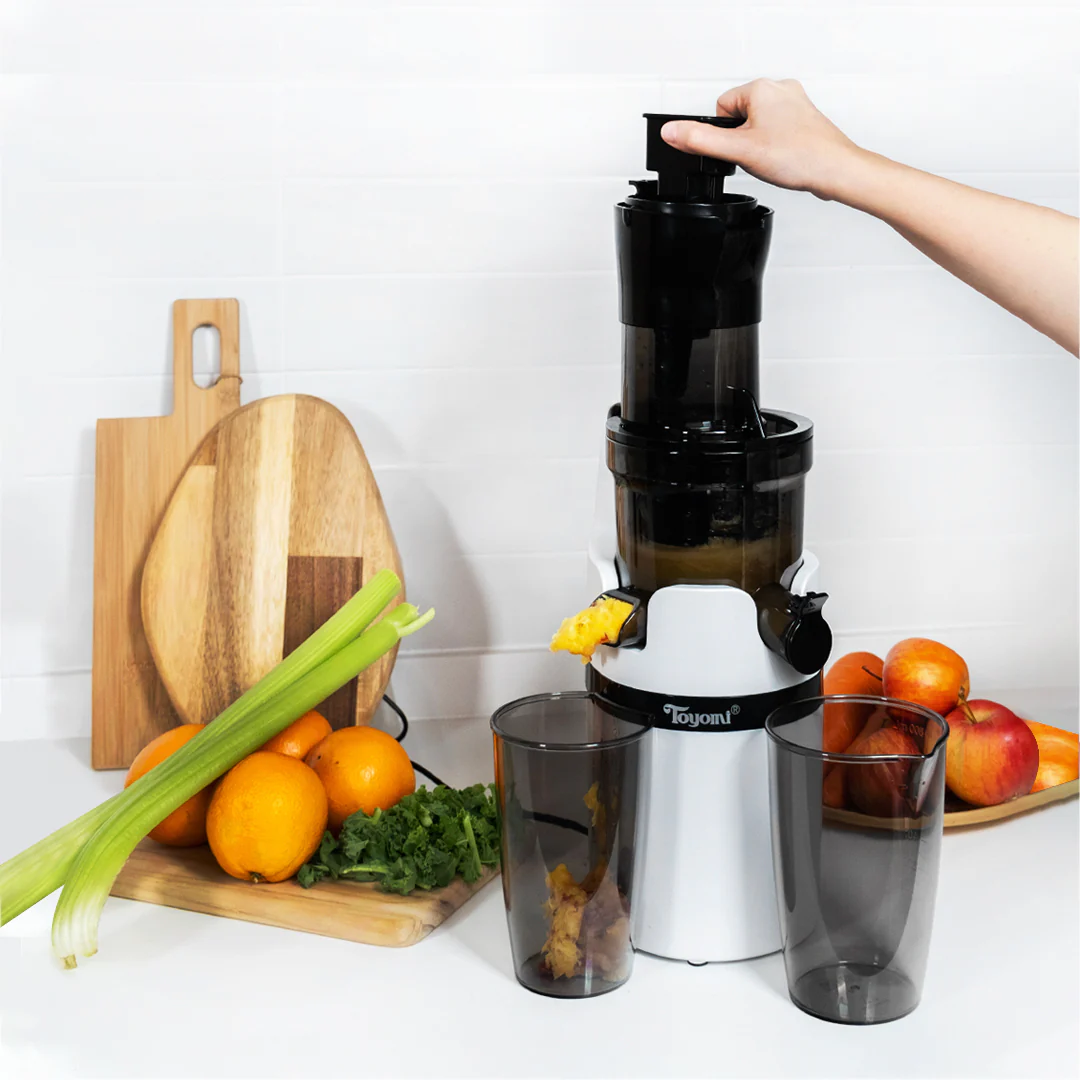 Juice Quality and Shelf Life Comparison
Juice Quality and Shelf Life Comparison
When distinguishing juice quality and shelf life, our focus shifts to nutrient retention and taste preservation. Cold press and masticating juicers both excel in these areas, but in slightly different ways.
Cold Press Juicers: Purity and Longevity
Cold press juicers offer juices with a remarkable level of purity. With minimal heat and oxidation, these juicers protect nutrients and enzymes efficiently. The juices produced often feature vibrant flavors true to the original produce. The freshness keeps for about 3-5 days in the fridge, thanks to the gentle extraction method that limits nutrient degradation.
Masticating Juicers: Nutrient-Rich and Flavorful
Masticating juicers, operating at low speeds, also excel in making nutrient-dense juices. They’re particularly adept at maintaining the integrity of delicate nutrients found in leafy greens and fibrous produce. Juice enthusiasts may find the flavors complex and the juice’s body more substantial. Typically, you can store this juice for a solid 24-48 hours without significant loss of quality.
Comparison at a Glance
Both juicers contribute to a high-quality juice experience. However, cold press juicing potentially offers a longer shelf life, while masticating varieties emphasize the extraction process’s nutrient effectiveness. In balance, your juicing priorities should guide your choice. If you favor longevity, opt for a cold press juicer. If nutrient density is your golden standard, a masticating juicer could be your match.
Juice quality between cold press and masticating options is comparable. Ultimately, the decision lies in how much you value storage longevity versus the thorough extraction of nutrients. Recognize your preferences, consider the shelf life offered by each juicer type, and choose accordingly to satisfy your juicing needs.
Price Points and Value for Money
When exploring the realm of juicers, the price is a crucial element to consider. With cold press and masticating juicers, cost correlates closely with juice quality, longevity, and nutrient retention. Let’s break down the value for money offered by each type.
Cold Press Juicers: Premium Quality at a Premium Price
Cold press juicers usually carry a higher price tag compared to other types. This cost is justified by their ability to produce the most nutrient-dense and long-lasting juices. They are built to handle a variety of produce, from leafy greens to tough roots, with remarkable efficiency. Designed for serious juicing aficionados, these machines are an investment in your long-term health.
Masticating Juicers: A Balanced Investment
Masticating juicers offer a middle ground on the pricing scale. While they are more costly than centrifugal models, their slower extraction process aids in producing nutrient-rich juice, offering good value. If you’re seeking to upgrade from a centrifugal juicer without reaching the highest price point, a masticating juicer presents a balanced choice.
Evaluating the Investment
The initial purchase price should not be the sole consideration. Evaluate the cost of produce over time, energy consumption, and the longevity of the juicer. Higher-end juicers often have longer warranties and robust construction, potentially saving money on repairs and replacements. The yield and quality of juice also factor in, as efficient juicers extract more from less, reducing overall produce spending.
Whether you opt for a cold press or a masticating juicer, the investment aims to enhance wellness and deliver potent nutrition. Ultimately, your individual needs and juicing habits will dictate the best option for value for money. Prioritize your health goals and budgetary constraints, and choose a model that aligns with both.
Cleaning and Maintenance: What to Expect
When embarking on your juicing journey, understanding the cleaning and maintenance required for your juicer is essential. Both cold press and masticating juicers have unique demands that should align with your lifestyle and dedication to the craft of juicing.
Cold Press Juicers: Meticulous but Manageable
Cold press juicers are known for their superior juice quality, but this can mean a more involved cleanup process. These juicers often have several parts that need disassembly and thorough cleaning to prevent residue build-up. The meticulous nature of their cleaning routine ensures every drop of nutrient-rich juice is worth the effort.
Masticating Juicers: Simplicity and Ease
Masticating juicers, on the other hand, typically boast a simpler cleaning process. Although some parts need attention, these juicers usually feature fewer components and are designed for easier access and cleaning. The straightforward maintenance of masticating juicers appeals to those who want to integrate juicing into a busy lifestyle without much fuss.
Routine and Deep Cleaning
Regardless of the type, routine cleaning after each use is crucial to maintain your juicer’s performance. A deep cleaning is also recommended periodically to tackle any hard-to-reach spots and ensure long-term functionality. Some juicers come with specialized tools to aid in cleaning, so be sure to use them to your advantage.
Time Investment and Care
Consider the time you’re willing to invest in caring for your juicer. Cold press juicers may require a bit more of your schedule, whereas masticating juicers can be more forgiving if you’re pressed for time. Proper maintenance not only affects the lifespan of your juicer but also the taste and quality of your juice.
When choosing between a cold press and masticating juicer, factor in the cleanup and maintenance commitments along with the juicing capabilities, and select the one that best fits your daily routine and health objectives.
 Making Your Decision: Which Juicer Suits Your Needs?
Making Your Decision: Which Juicer Suits Your Needs?
Selecting the perfect juicer comes down to your personal preferences and how you plan to use it. Consider these key points to help make your decision.
- Lifestyle Fit: Are you short on time or do you savor a slow, crafted juicing experience? If you’re always on the go, a masticating juicer’s quick cleanup may be a better fit.
- Juice Quality Importance: Does the highest nutrient content trump all for you? If so, the cold press juicer, with its superior extraction, might be the choice for you.
- Budget Considerations: Weigh the cost against the benefits. A cold press juicer may be more pricey but can offer greater long-term value through higher juice yields and nutrient preservation.
- Cleaning Commitment: Think about how much time you’re willing to devote to cleaning. Cold press juicers require thorough cleaning, but is the juice quality worth the extra effort to you?
- Health Goals: If you’re into juicing for health reasons, both cold press and masticating juicers serve well by retaining nutrients better than centrifugal options.
- Shelf Life: Plan to drink your juice immediately, or do you need it to last a few days? A cold press juicer might be better for longer-lasting freshness.
- Produce Types: Are you more into leafy greens or hard fruits and veggies? Masticating juicers handle greens well, whereas cold press juicers are versatile with all produce types.
By taking into account your unique needs and considering the points above, you’ll be well-equipped to choose the juicer that’s right for you. Whether it’s the efficient masticating juicer or the nutrient-preserving cold press juicer, your decision will pave the way for a healthier lifestyle tailored to you.

